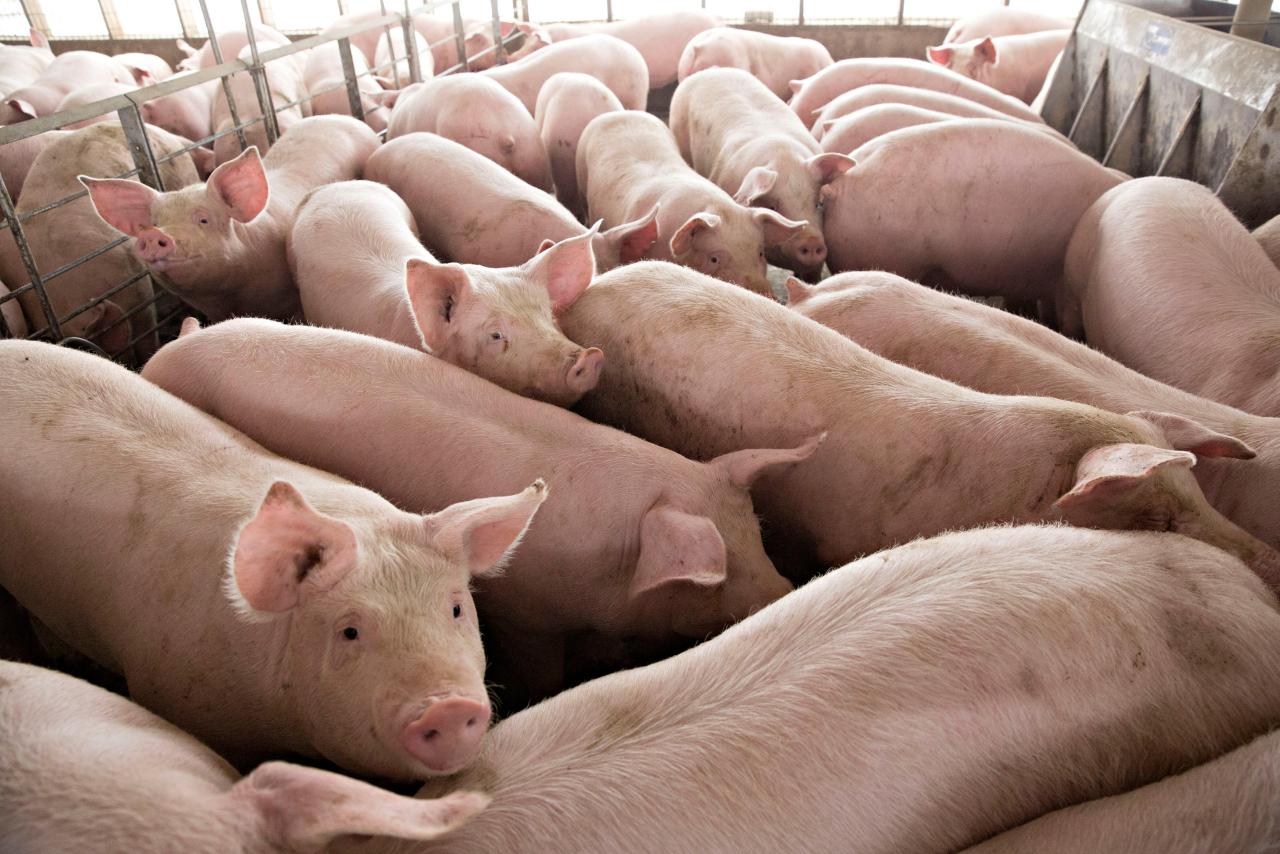U.S. Chasing Farm Trade Deal with Japan That Could Wipe Out Canada’s Pacific Pact Advantage

United States representatives say they are seeking an agricultural trade deal with Japan “within the next few months,” a move that if it succeeds will likely wipe out the sizeable advantage enjoyed by Canadian farmers under a new Asia Pacific trade deal
by Naomi Powell – the Financial Post
Pork and beef exports to Japan from Canada and Australia have surged under the Comprehensive and Progressive Agreement for Trans-Pacific Partnership (CPTPP), the 11-nation trade deal abandoned by U.S. President Donald Trump in 2017.
The lost market share by U.S. farmers — whose goods now face considerably higher tariffs than CPTPP nations — has sparked concerns in Washington.
“Lighthizer pushes for quick deal because American farmers are losing market share to CPTPP”
“We’re in a situation where if we don’t make headway quickly, people will lose customers and never get that market share back,” U.S. Trade Representative Robert Lighthizer said before the U.S. Senate Finance Committee Tuesday. “The Japanese are fully engaged, they understand what needs to be done, we’re quite clear about it and my hope is in the next few months we’ll have an agreement on it.”
U.S. and Japanese representatives held a series of talks last week and are slated to meet again on the sidelines of the G20 Summit in Osaka later this month. Lighthizer has proposed settling the agricultural issues first rather than risk the loss of further market share as the U.S. pursues lengthier “across the board” negotiations for a full free trade deal with Japan.
“One of the biggest beneficiaries of our actions with Japan will be of course the beef industry, but also pork and some others,” he said. “Those are also the ones most at risk if we don’t do something because of the fact that Japan has entered into (the CPTPP).”
Canadian beef and pork exports to Japan have soared since the CPTPP went into force on Dec. 30, 2018, with beef exports tripling in January to 3,545 tonnes as tariffs fell to an initial 27.5 per cent from 38.5 per cent.
Canadian pork exports edged ahead of those of the U.S. for the first time in April as shipments of chilled pork meat rose 8.5 per cent to 17,800 tonnes, while the U.S. shipped 17,388 tonnes, according to Japanese customs clearance data. Japanese levies on pork fell by half to 2.25 per cent under the CPTPP and will gradually be phased out altogether.
Frozen pork shipments from Canada rose to 3,559 tonnes, a 51 per cent increase compared to the year before, while U.S. shipments declined nearly 18 per cent to 3,966 tonnes.
Canadian pork farmers now hold a little more than half of the Japanese market and will continue to compete “head to head” with U.S. farmers even if Lighthizer succeeds in winning lower tariffs, said Martin Lavoie, chief executive of Canada Pork International.
“We have a tariff advantage and that’s great to have, but we have always been able to compete with the U.S. based on quality,” Lavoie said. “The advantage may be the icing on the cake, but we still have the cake.”












